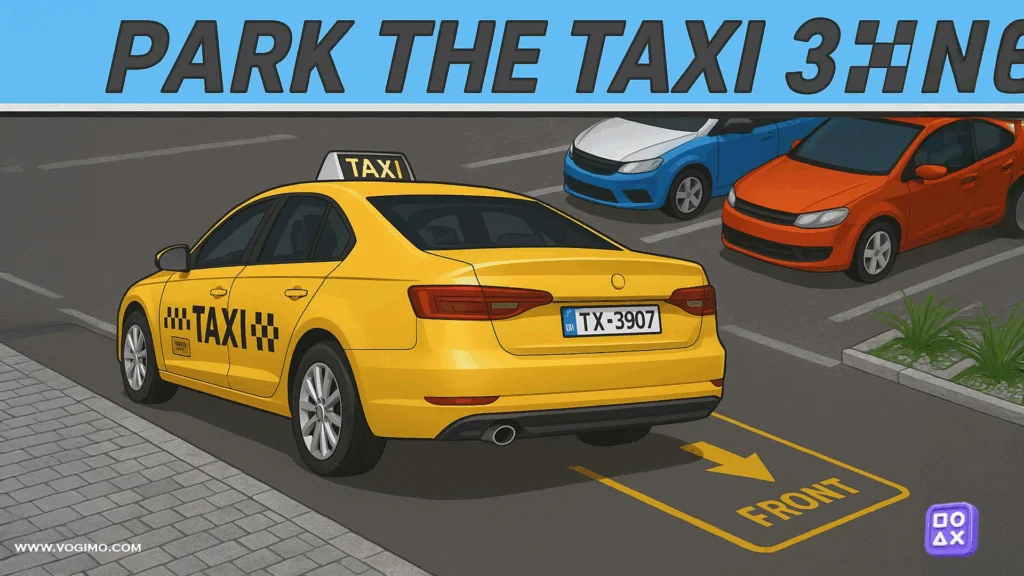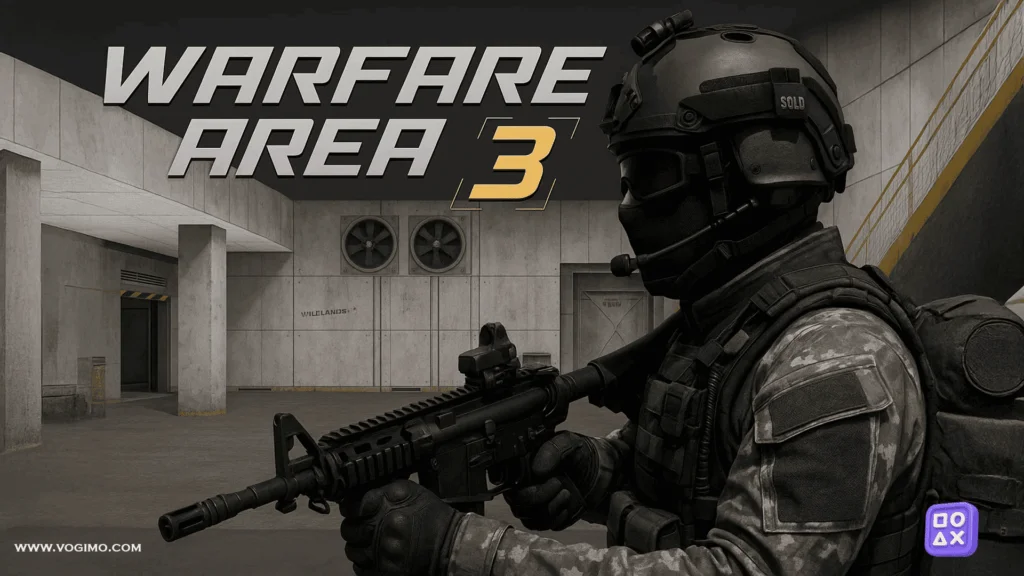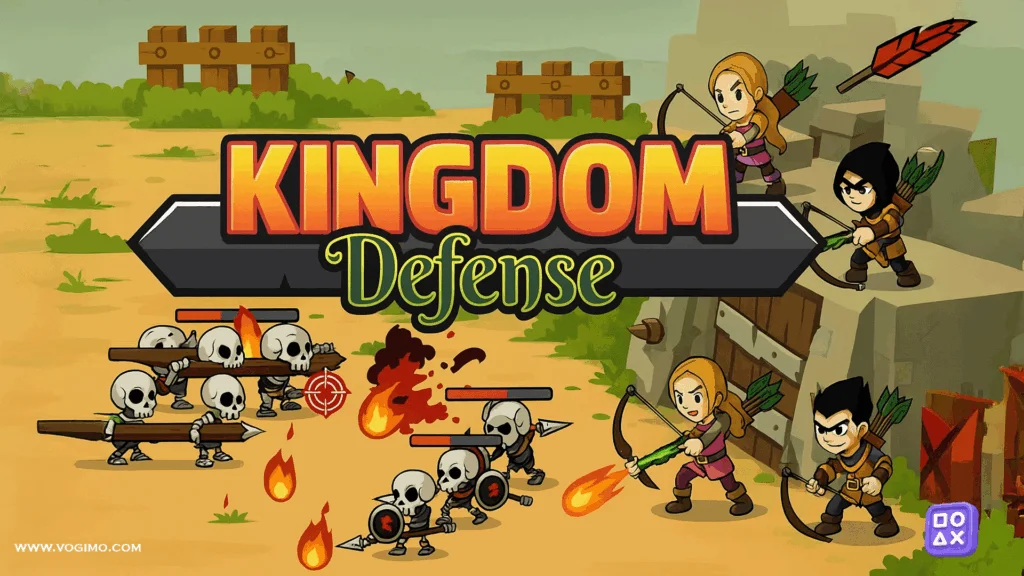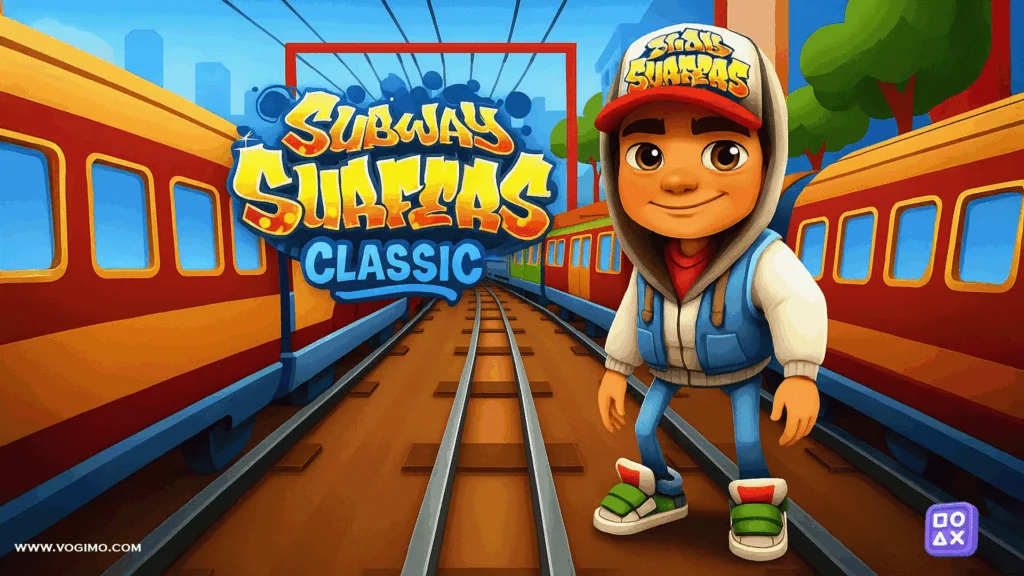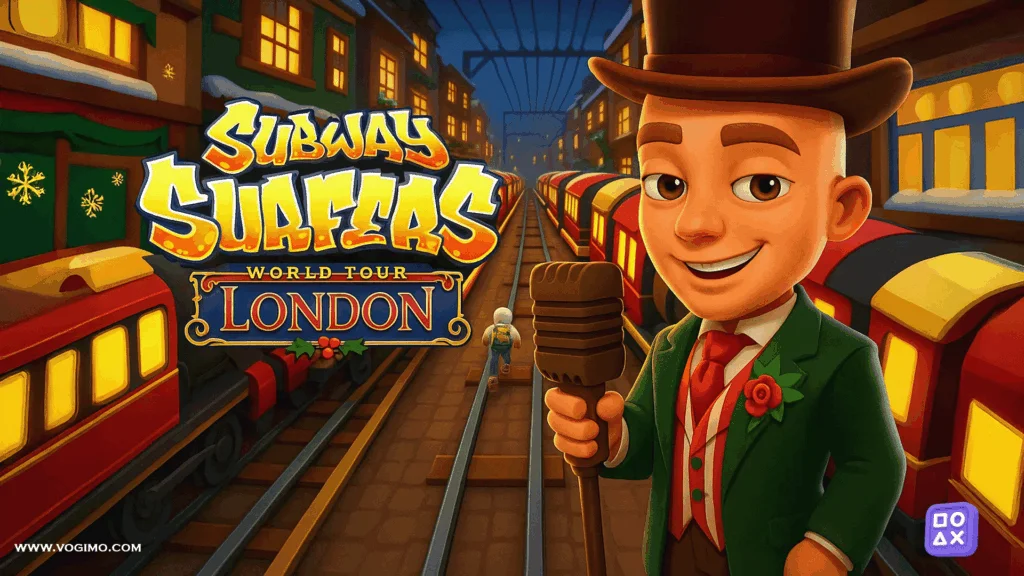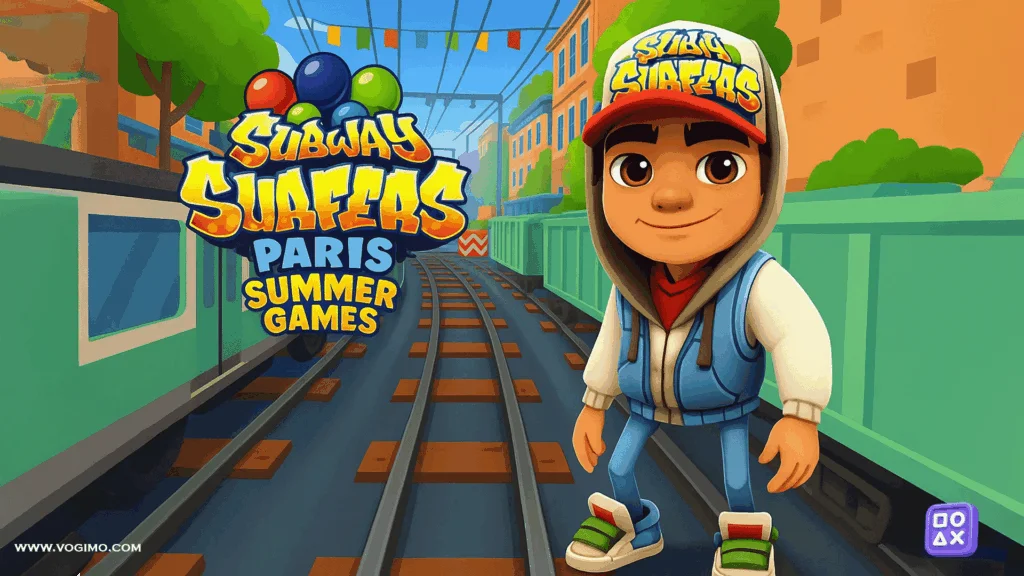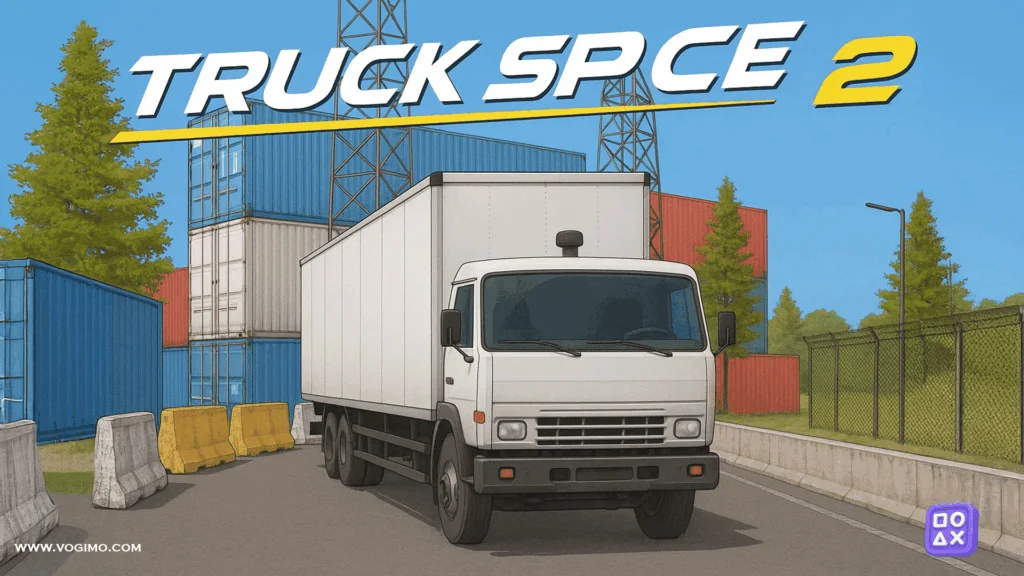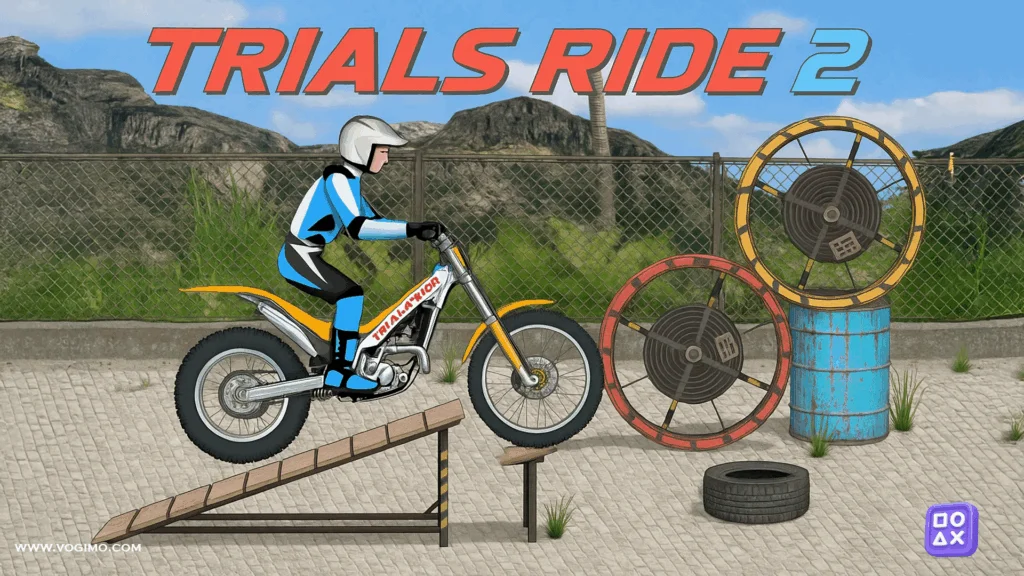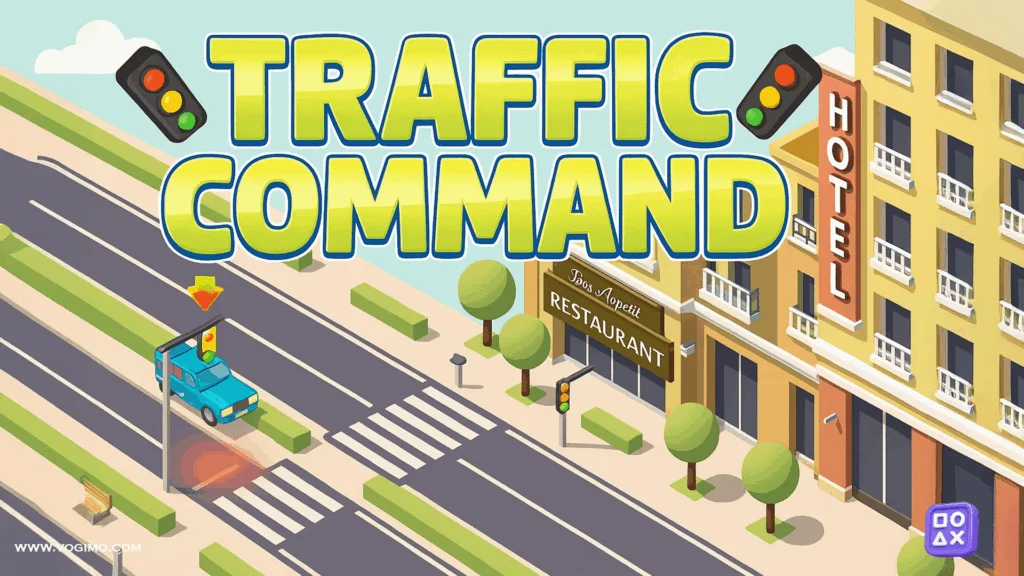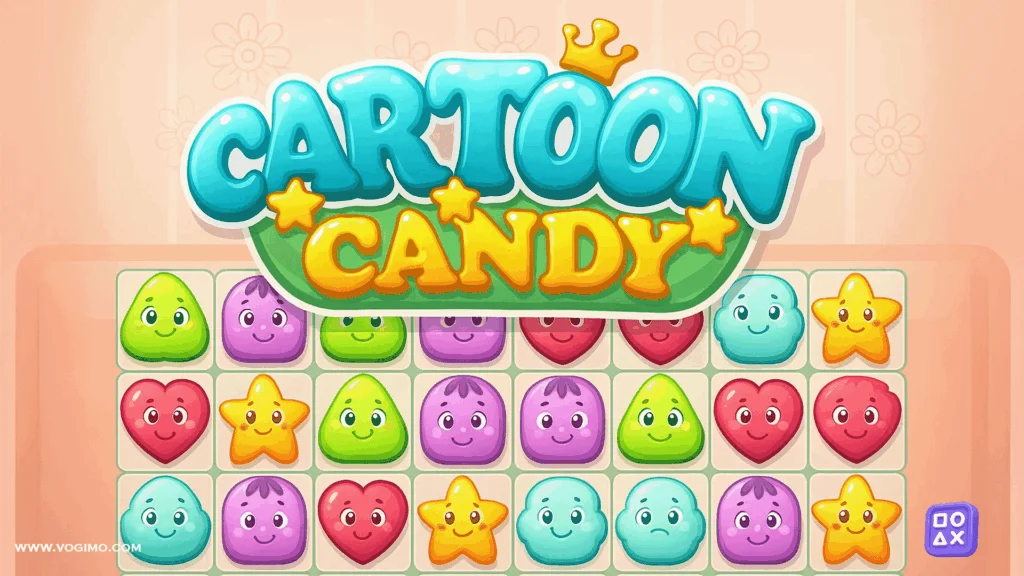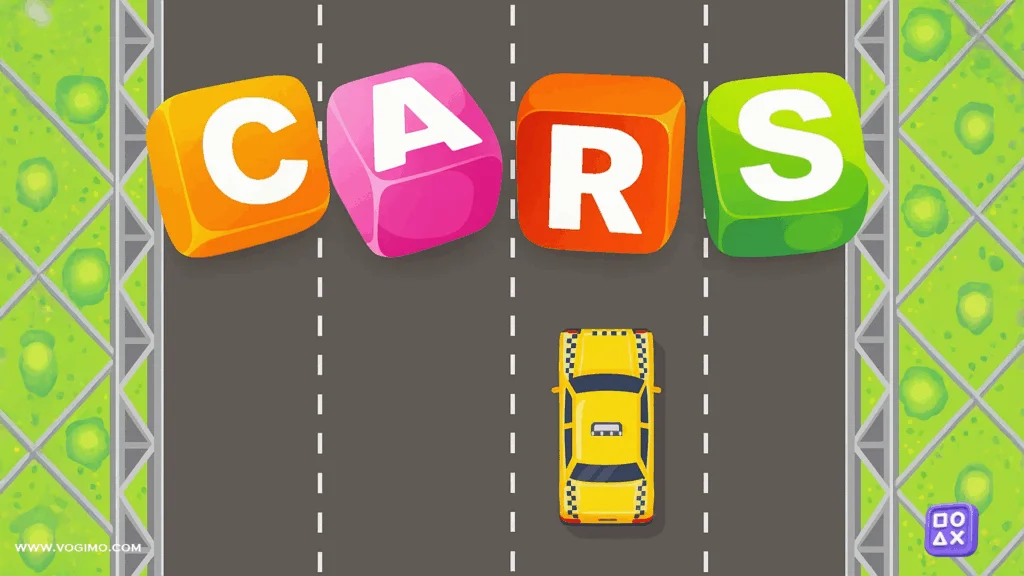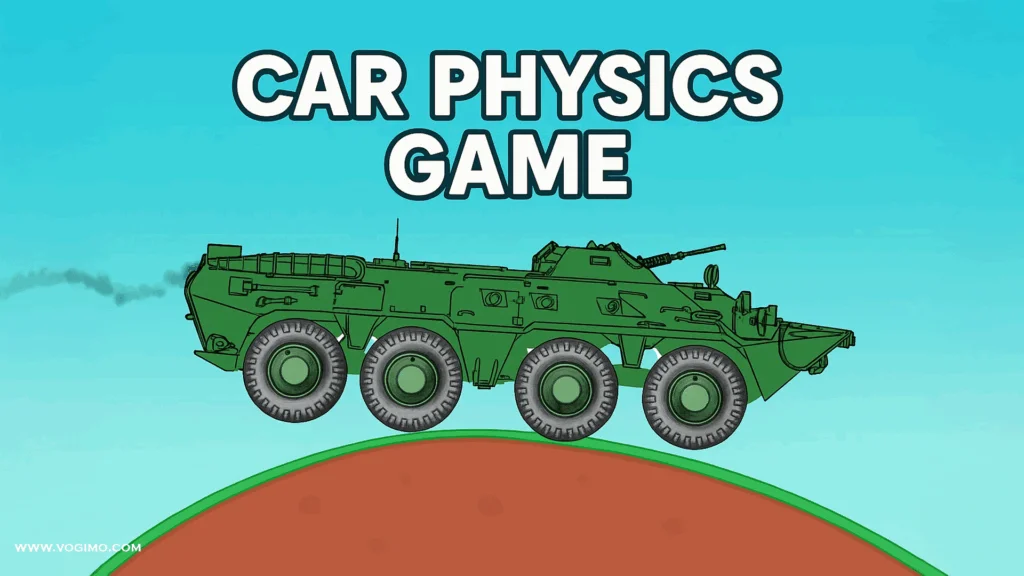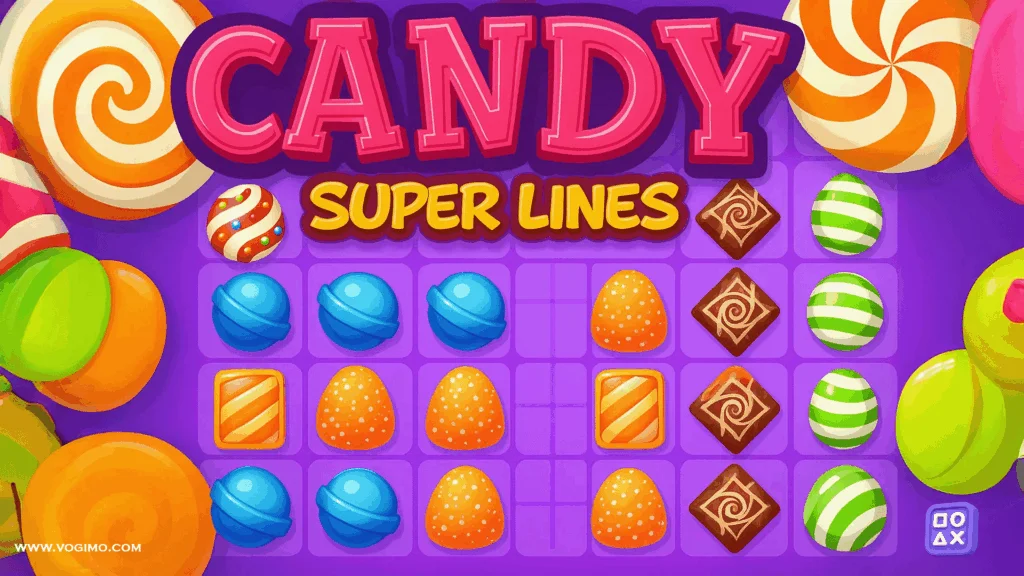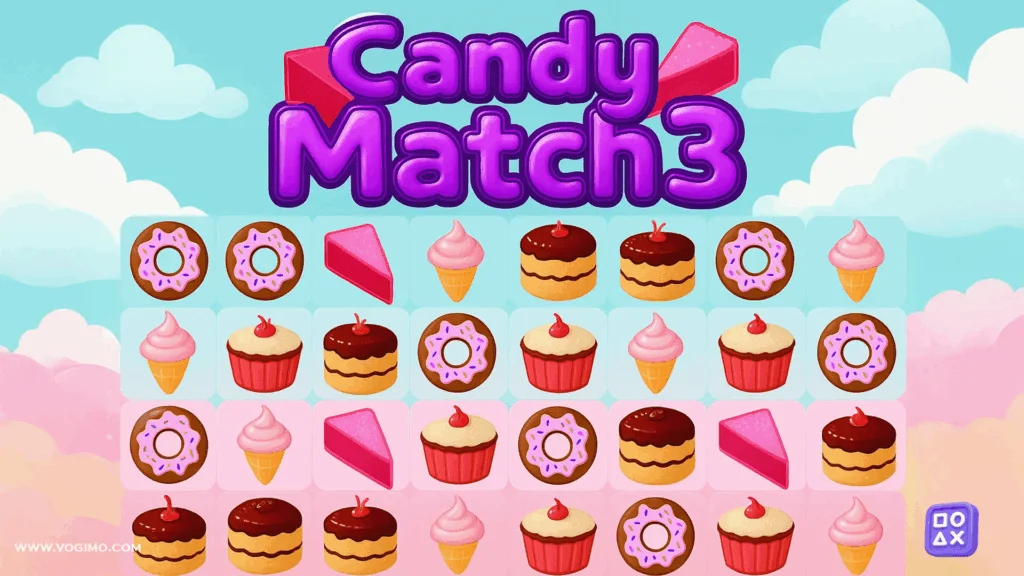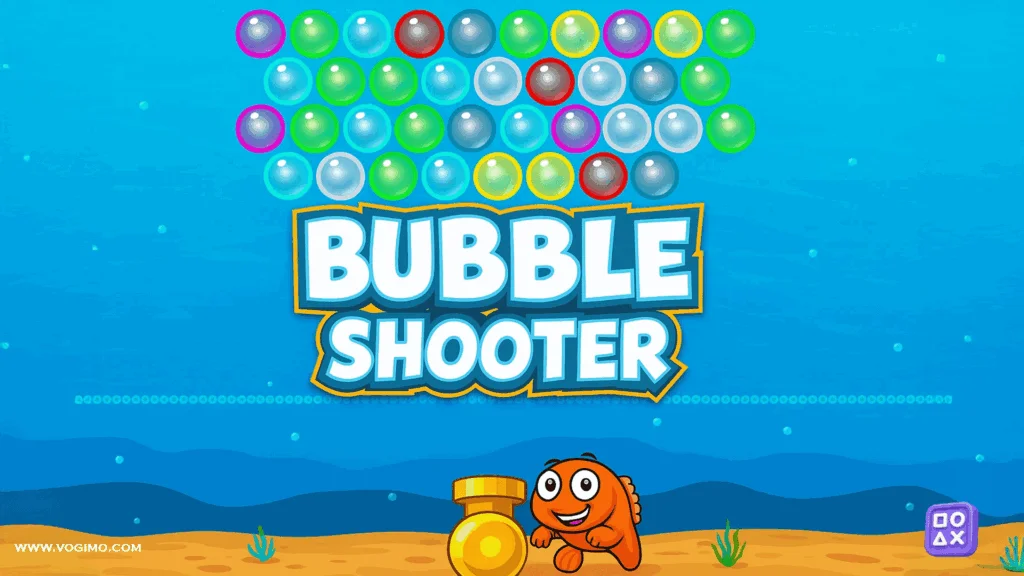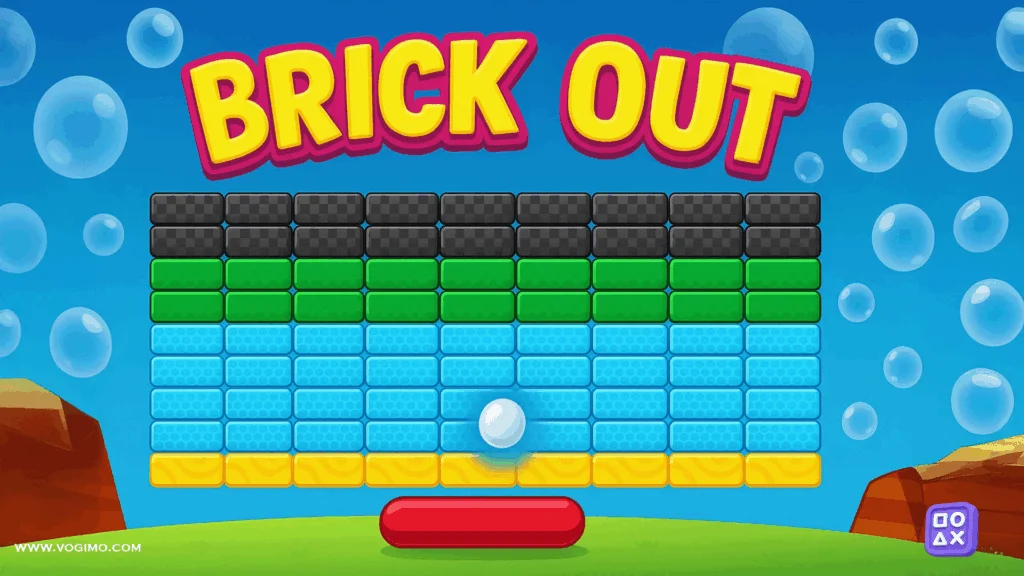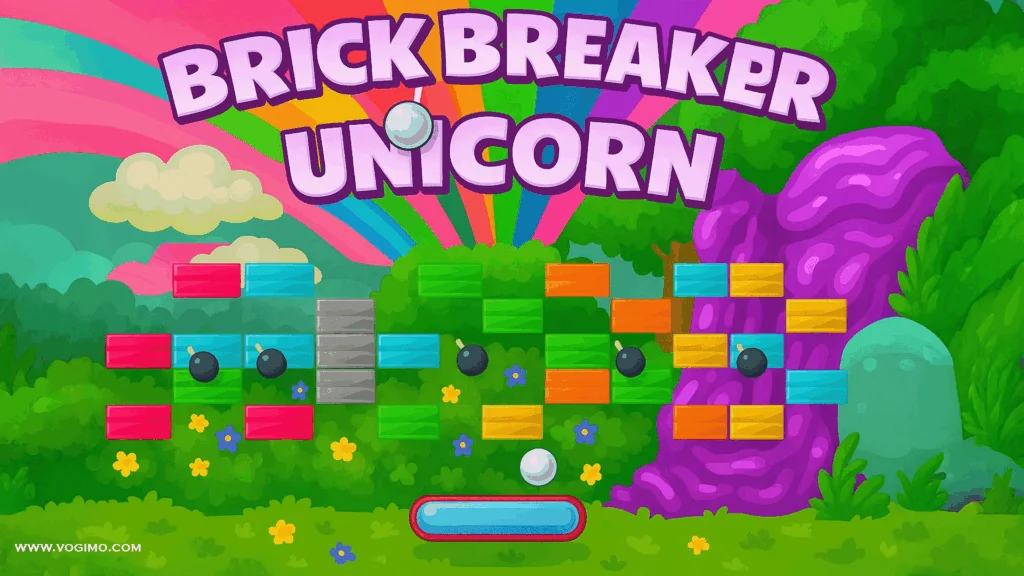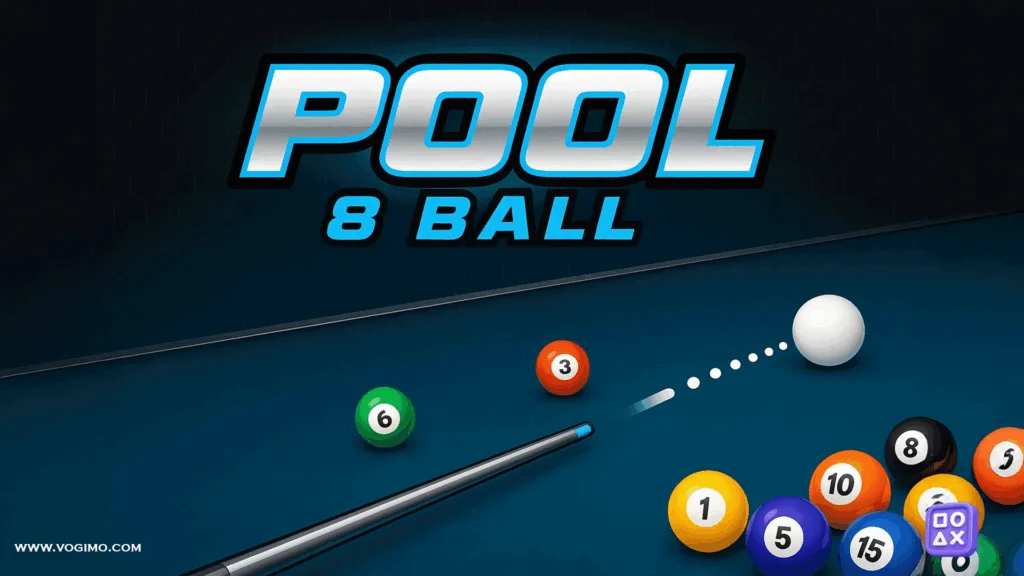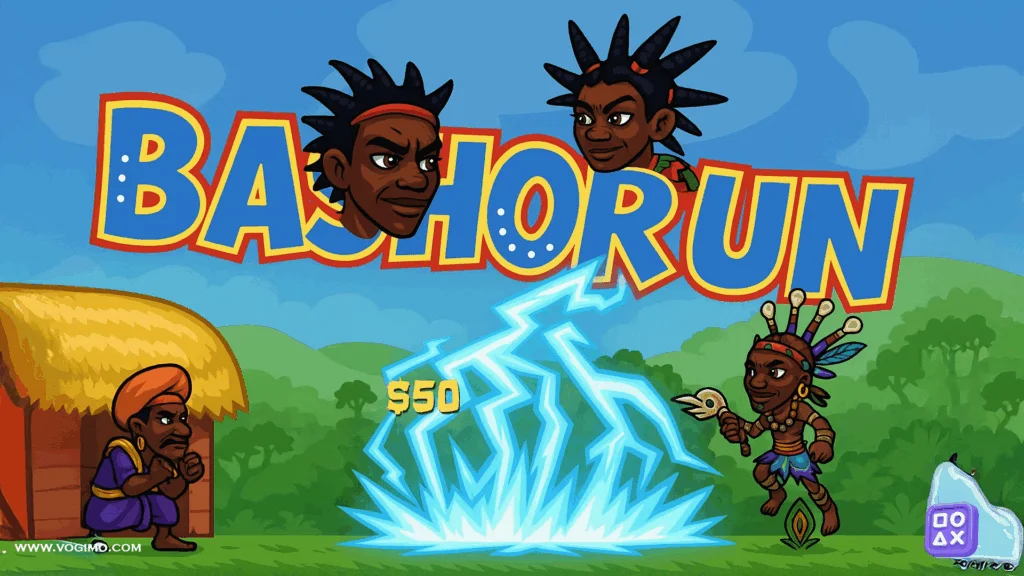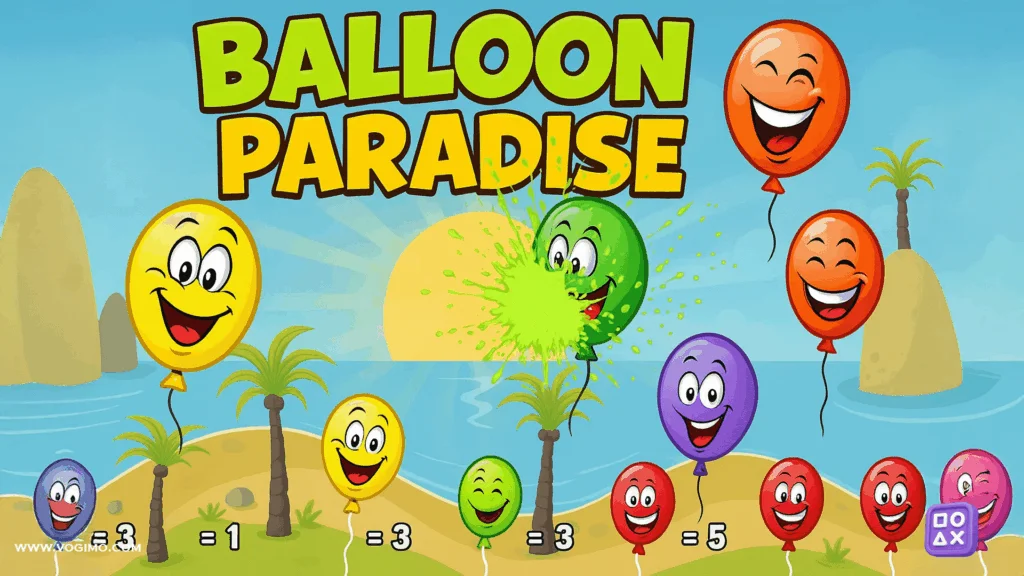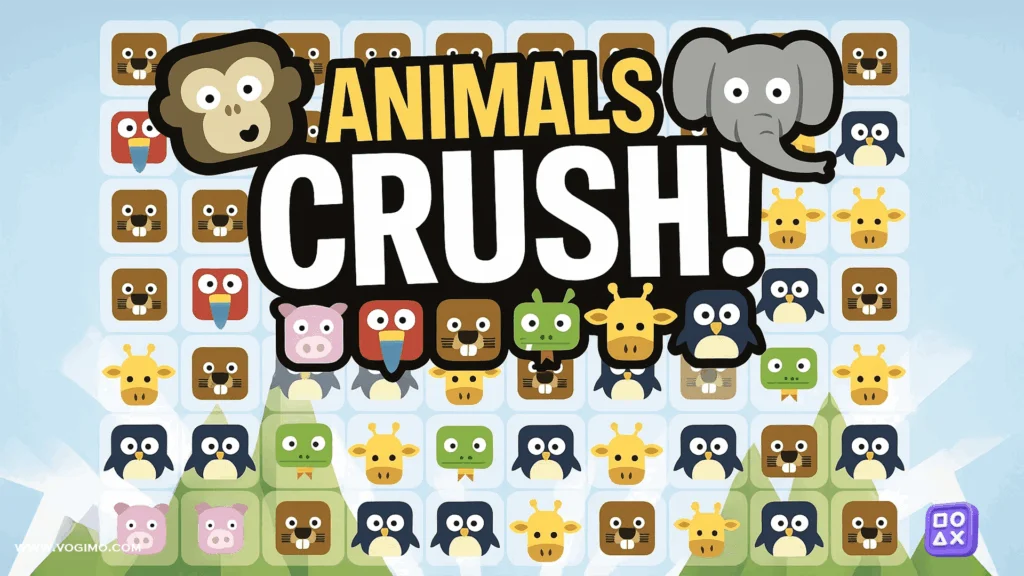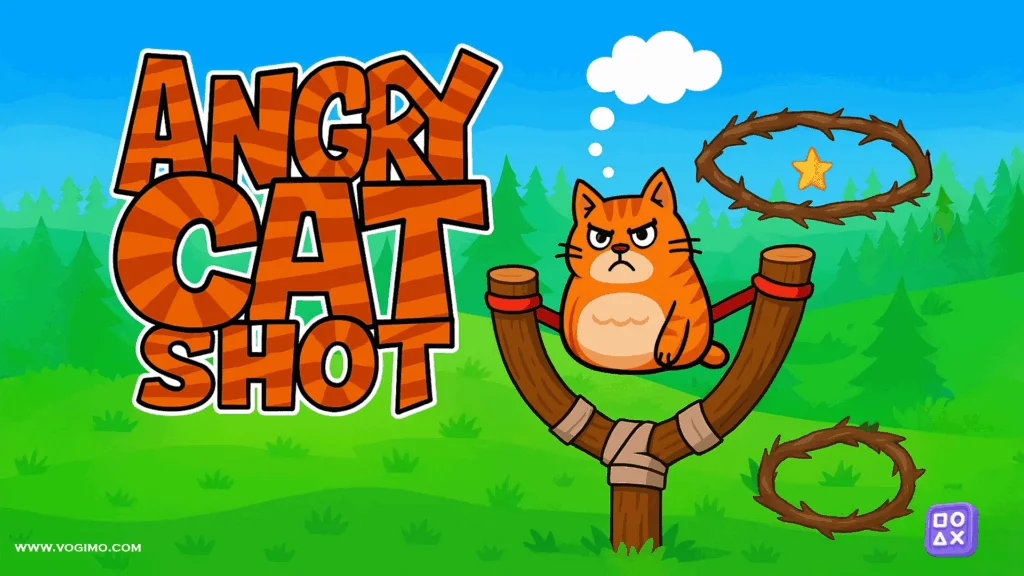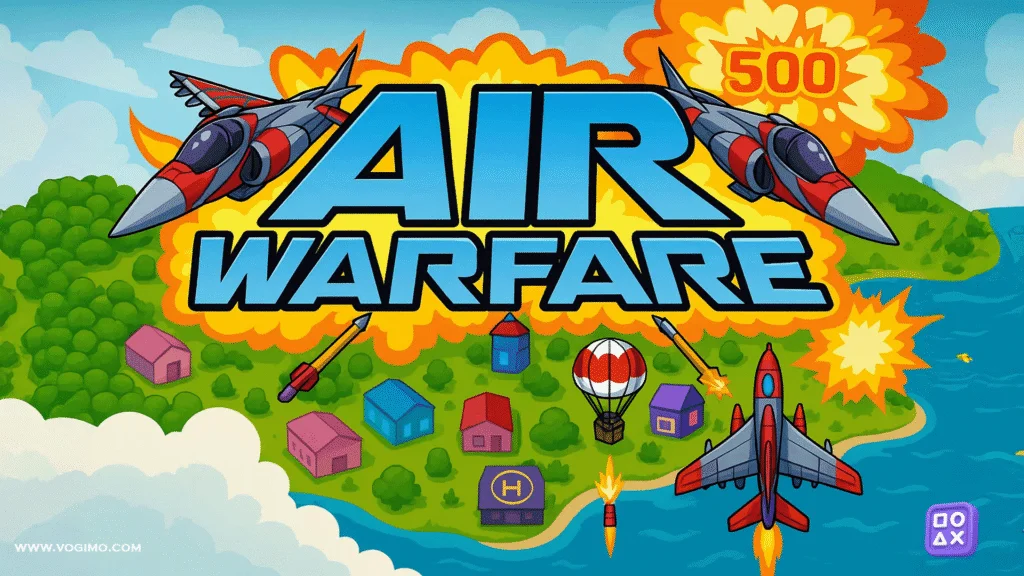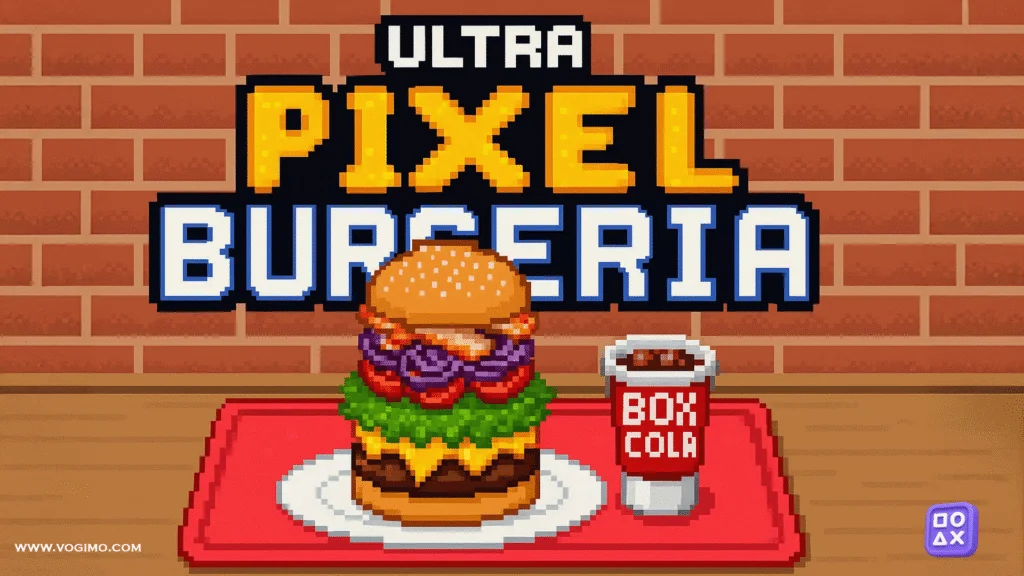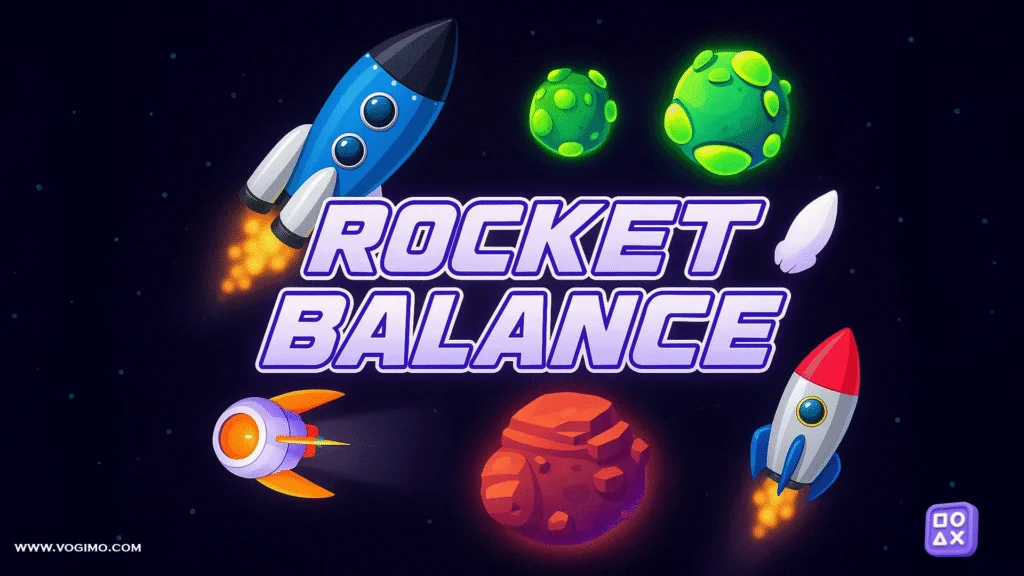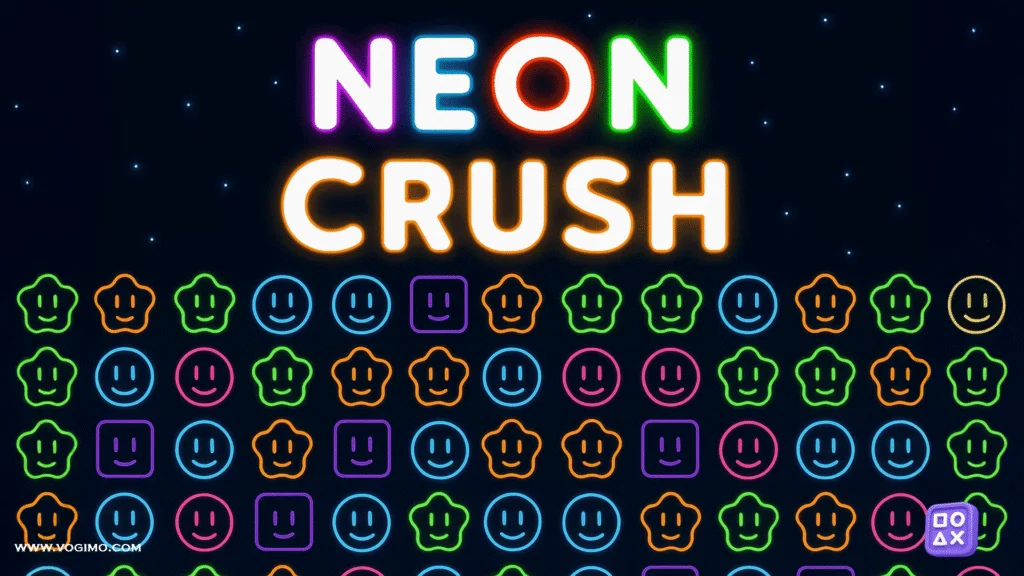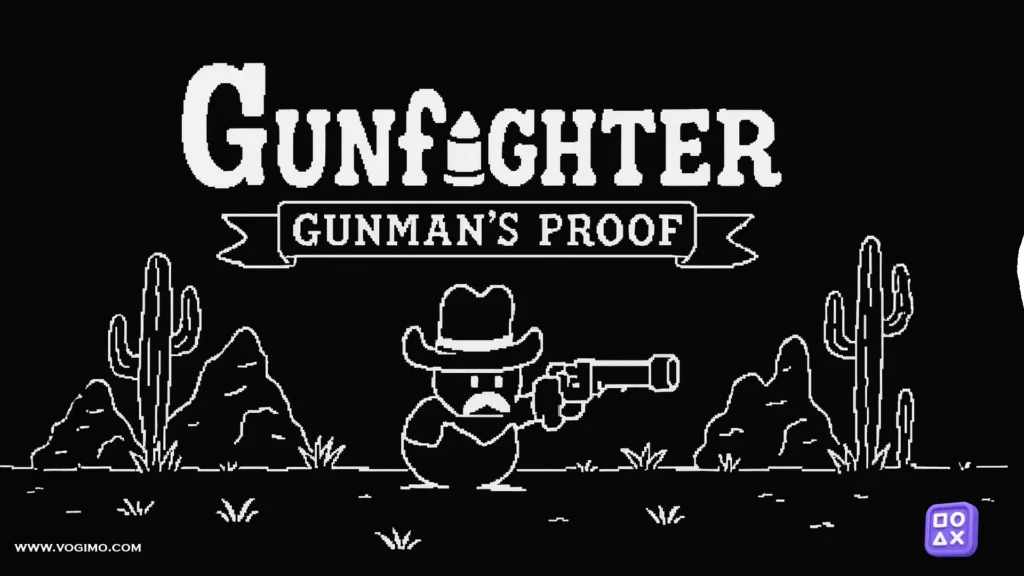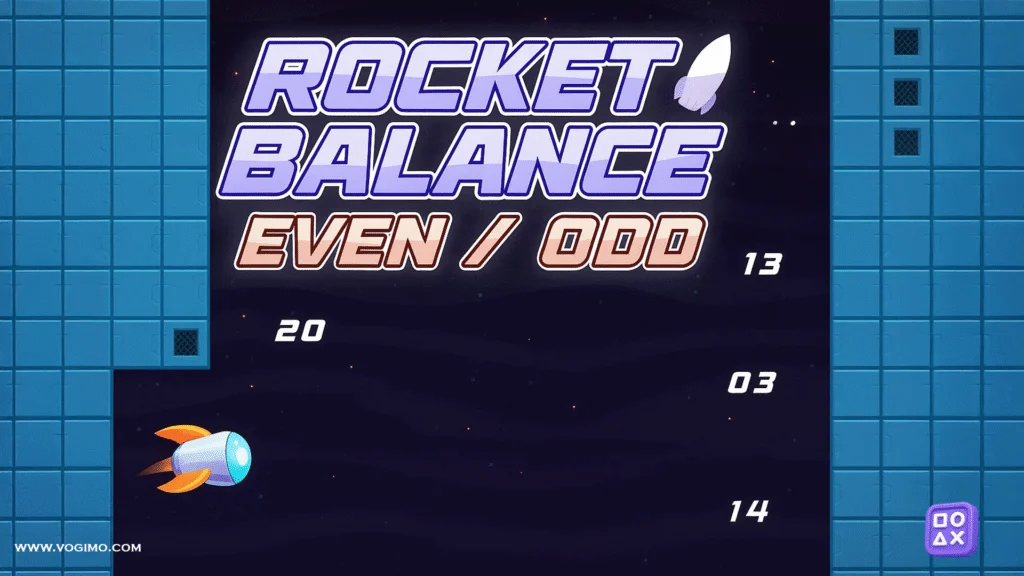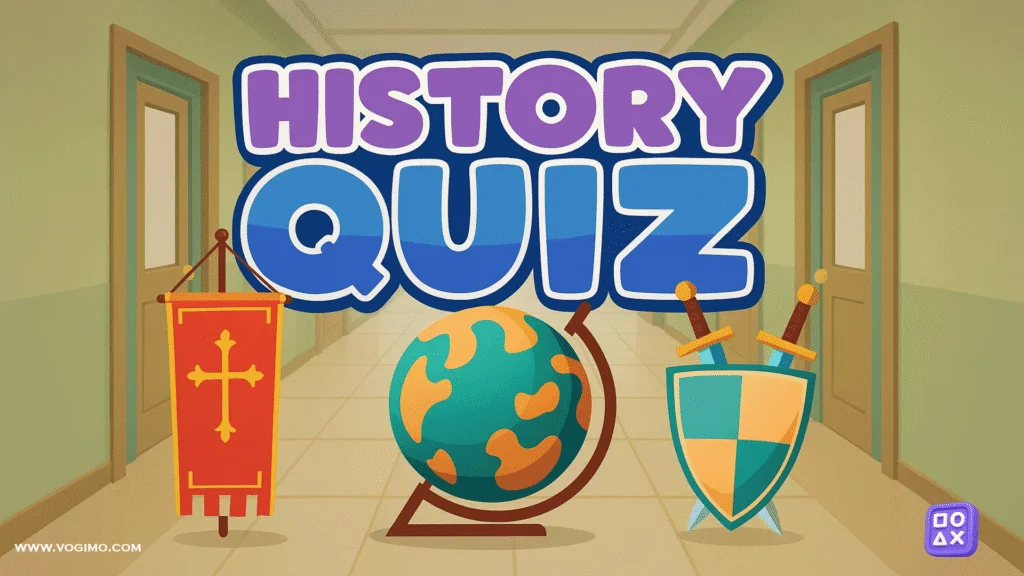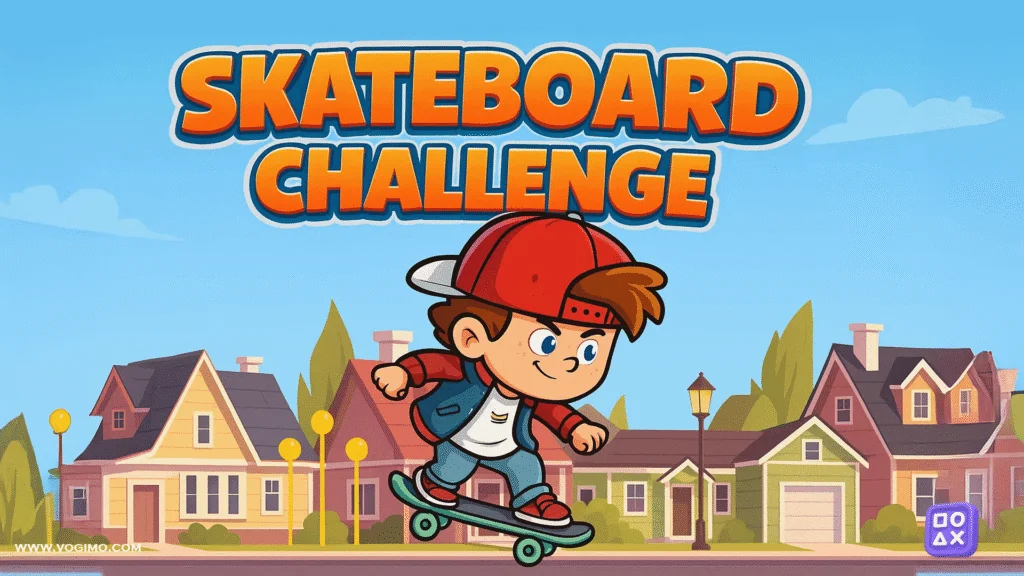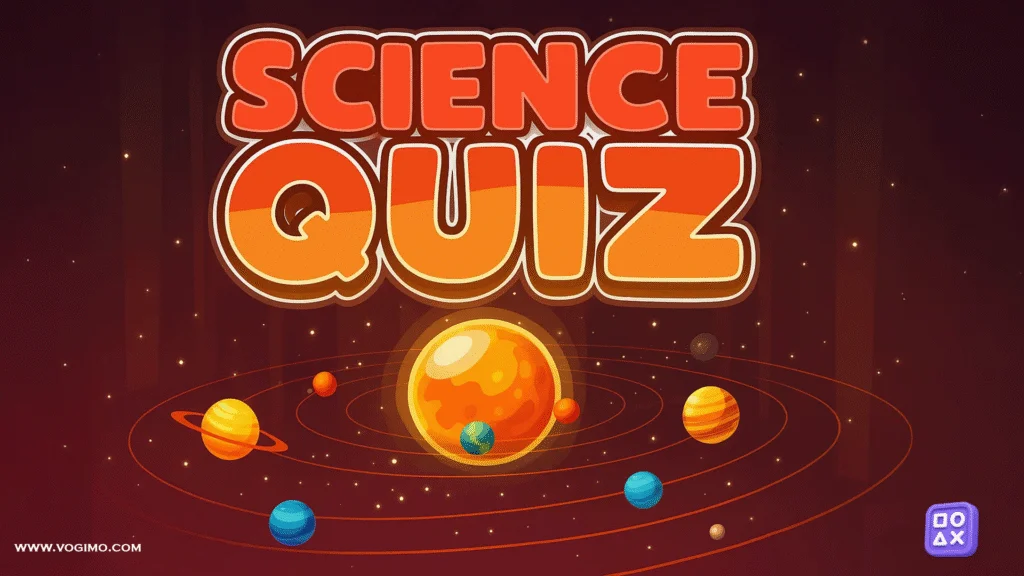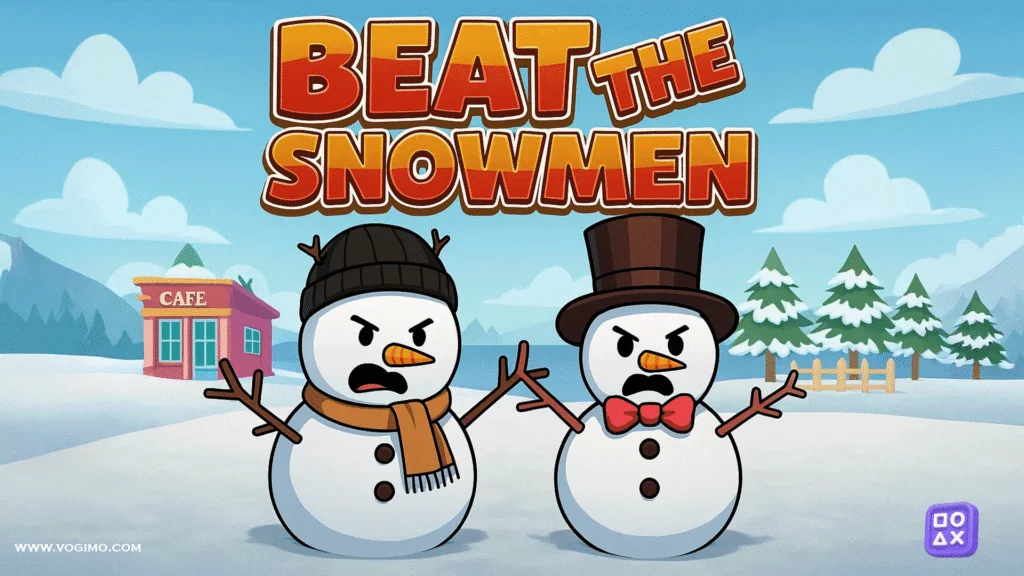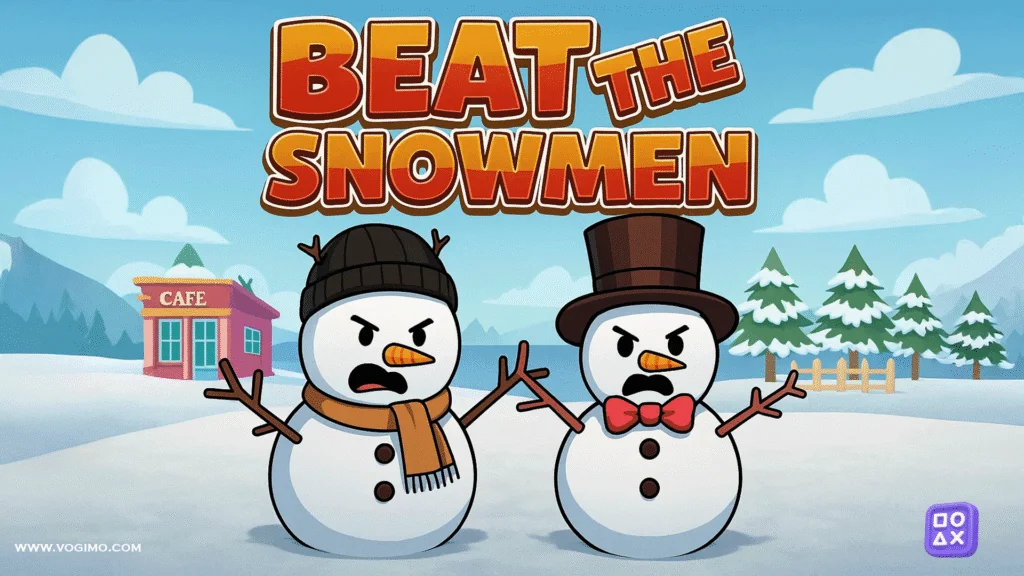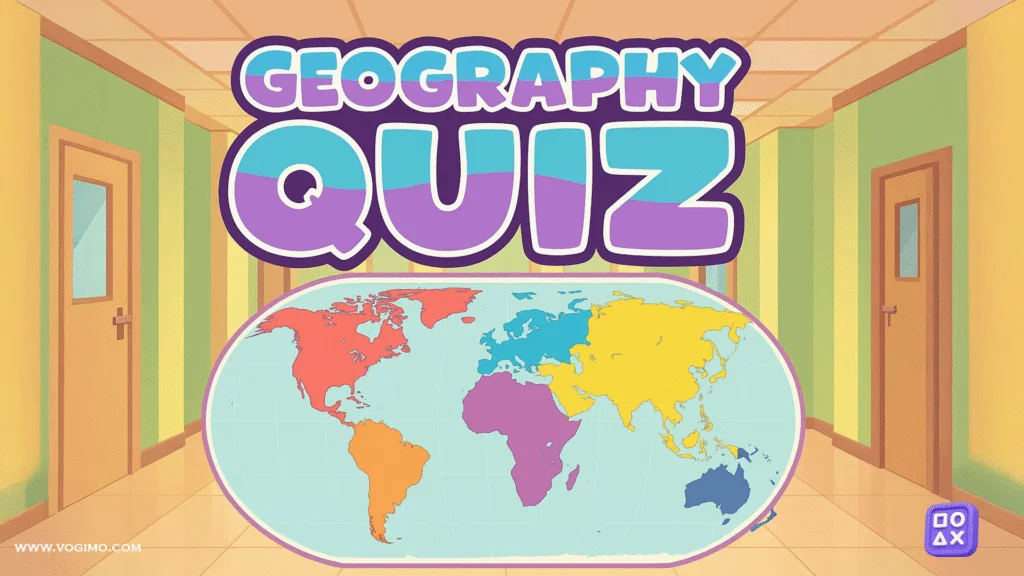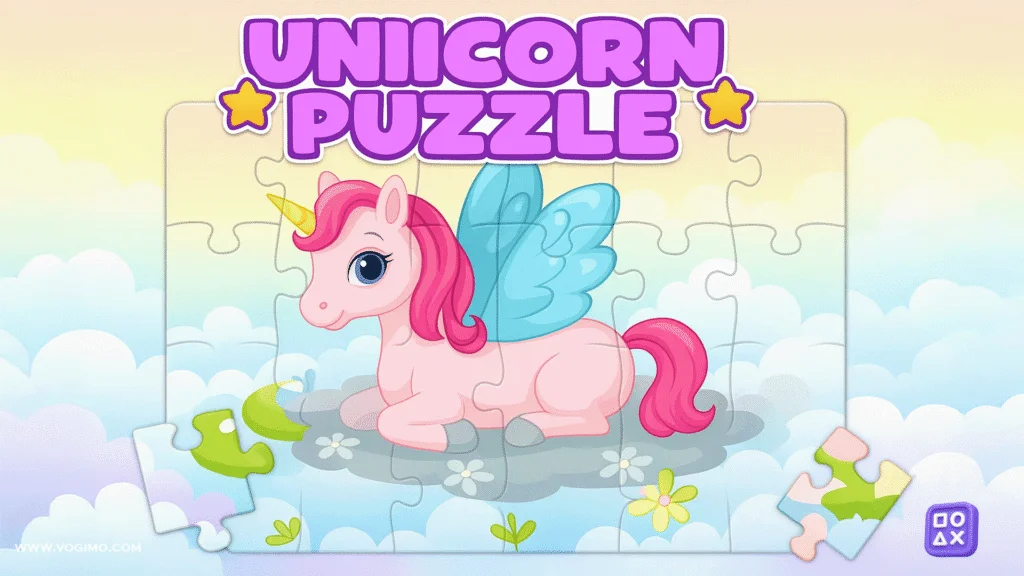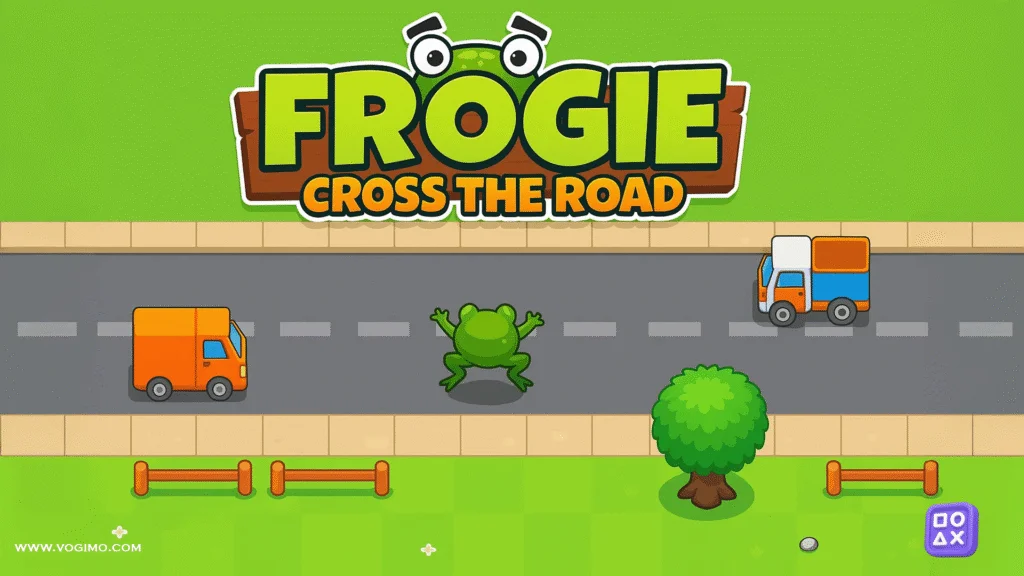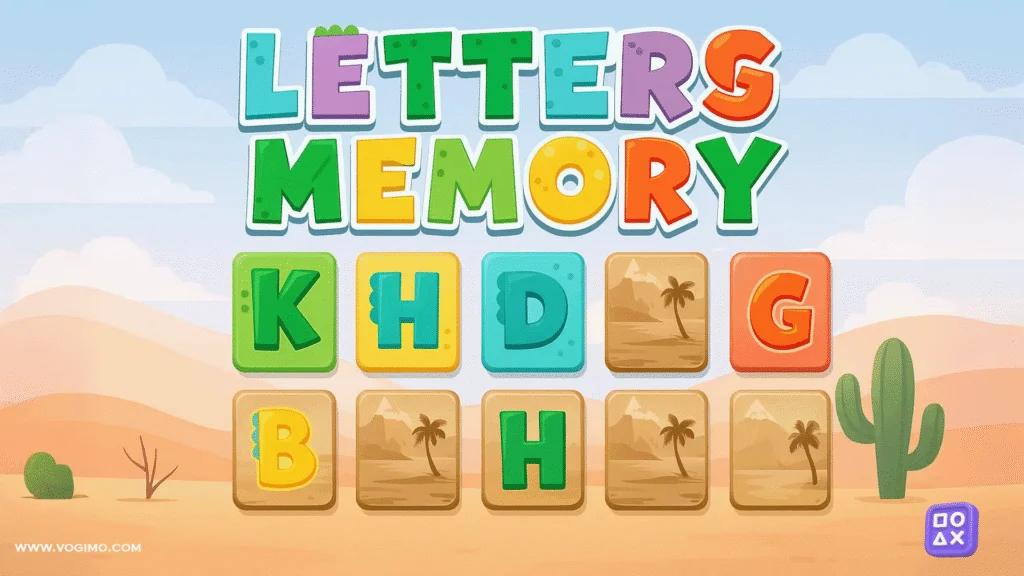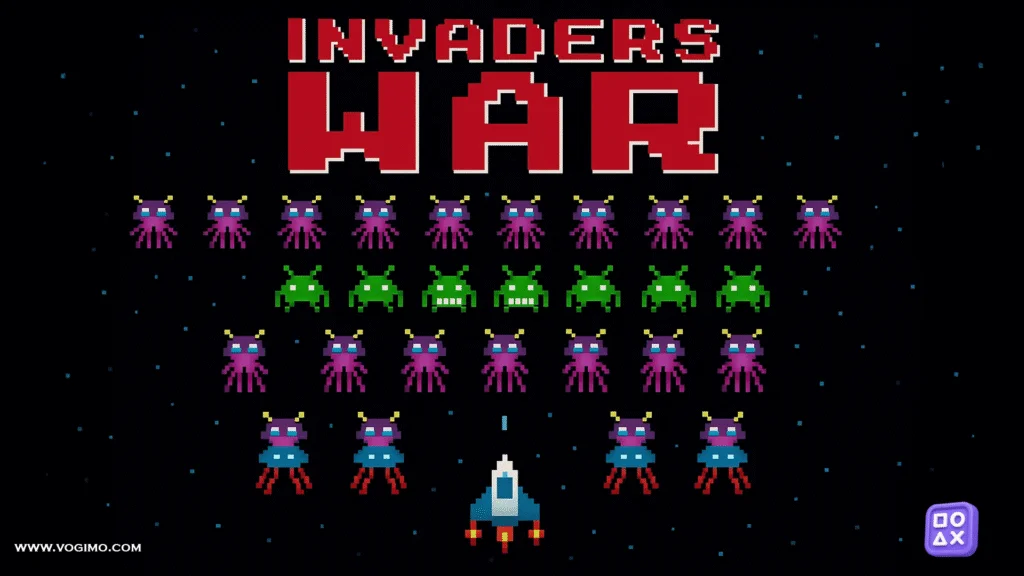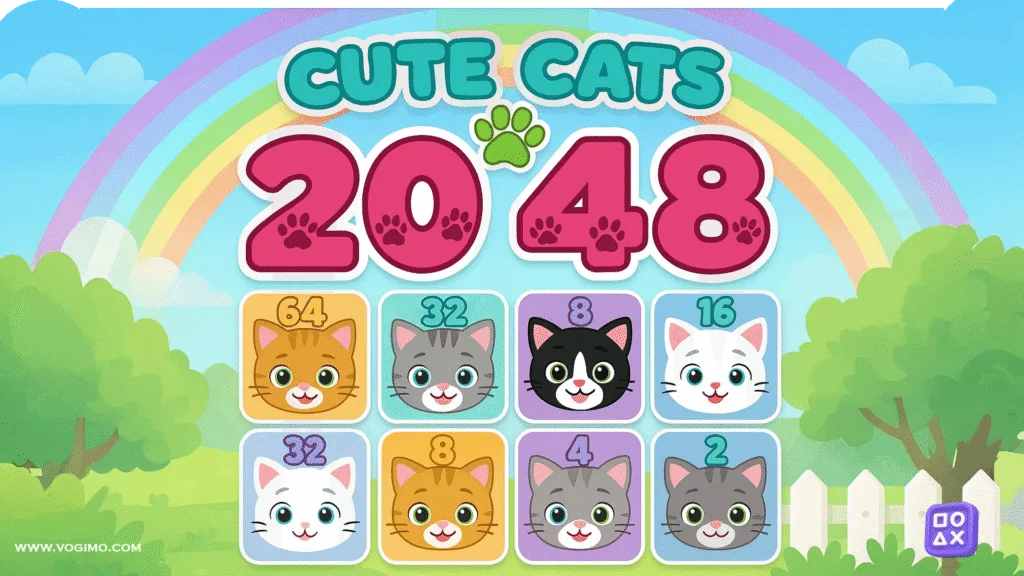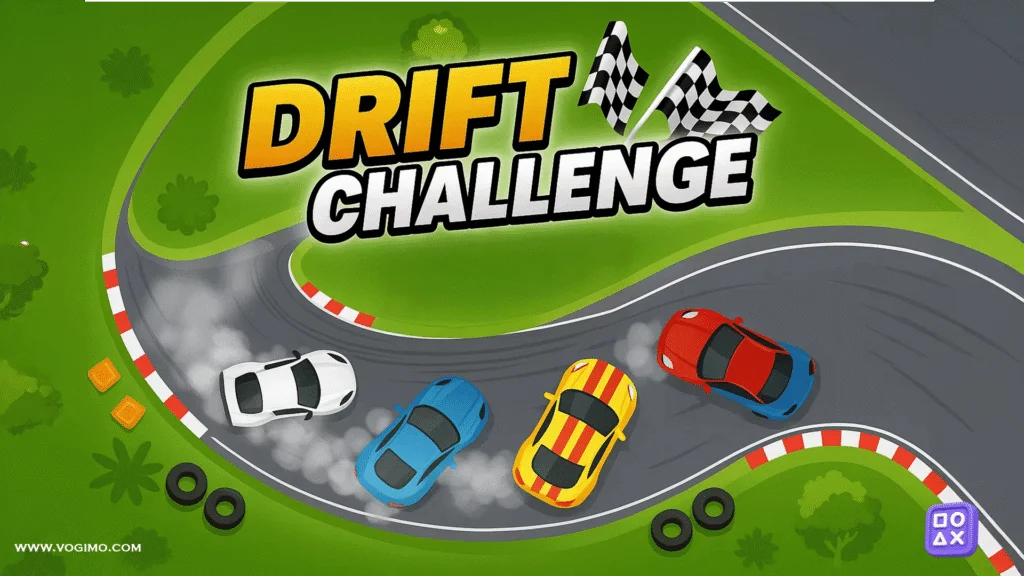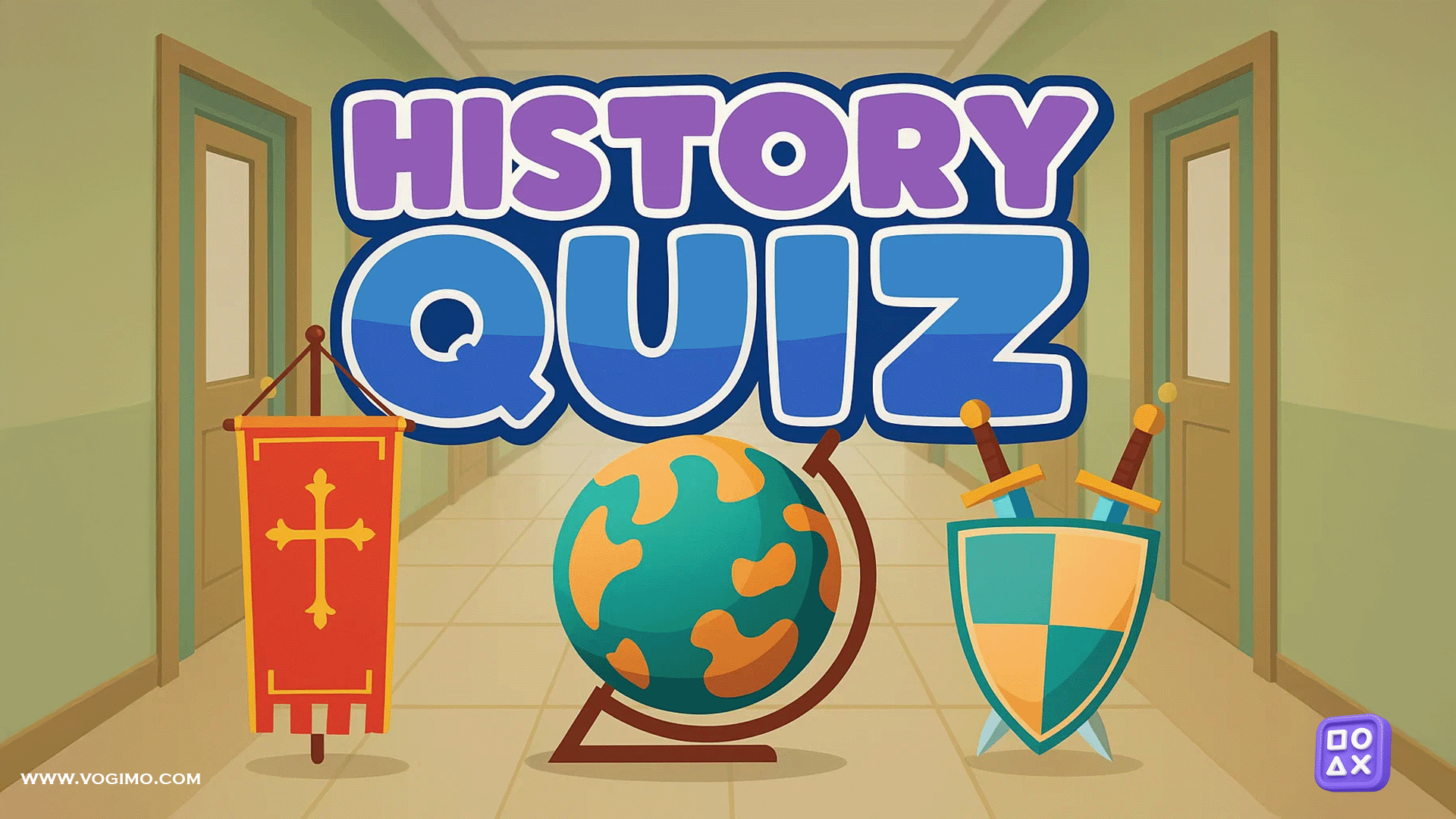History QUIZ — a fast lap through centuries that somehow makes guessing feel smart
You know the pitch: 50 short questions, one high score to chase, and just enough curveballs to make you pause. The set ranges from ancient empires to last-century headlines, with the odd flag or treaty tossed in to keep you honest. It’s pitched at kids and younger learners, but anyone who’s fuzzy on which king came before which revolution will find plenty to chew on—and, occasionally, to laugh at. I went in “for a minute” and ended up arguing with myself about Baltic capitals. It happens.
Controls:
Desktop: Mouse click to choose an answer.
Mobile: Tap the on-screen buttons.
What makes the quiz work is its pace. Questions pop up quickly, the interface stays out of the way, and you’re free to do the real job: read, eliminate, commit. Some prompts are friendly (“first U.S. president”), others are oddly specific (“which treaty ended X war”). A few will look tricky until you notice a single word—early, provisional, longest-serving—that narrows the field in an instant. It appears intentionally no-frills so your brain does the lifting, not the UI.
You may notice a slight tilt toward the usual classroom darlings—World Wars, Rome, “great” explorers. That’s fine; use it. Bank those points and spend your thinking time on the outliers: independence movements you skimmed in school, dynasties that blur together, regions we should all talk about more (hi, West Africa and Southeast Asia). The nice surprise is how often a tiny anchor fact carries you: 1066, 1492, 1776, 1914/1939, 1989. Dates like doorframes—you don’t stare at them, but you notice when they’re missing.
If you’re playing with a younger person, narrate the method out loud. “These two names sound 20th century; this one’s medieval; that leaves….” Kids copy the pattern long after the specific answer fades. If you’re solo, give yourself a quiet two-second scan per question. I started doing that and my score jumped without learning a single new date—apparently I just stopped clicking the shiny wrong thing.
Quick tips to score high
- Read the whole prompt once. Qualifiers (“first,” “last,” “interim,” “early”) change everything.
- Eliminate by region or era first; if three answers fit one time/place and one doesn’t, odds are it’s not that one.
- Anchor names to roles: Garibaldi (unifier), Bismarck (chancellor/realpolitik), Bolívar (liberator), Meiji (restoration).
- Learn two flag traps: Ireland vs. Côte d’Ivoire (color order) and Romania vs. Chad (blue shade).
- Capitals aren’t always the famous city. Think Canberra (not Sydney), Bern (not Zurich), Pretoria/administrative vs Johannesburg.
- When torn, pick the option that logically precedes the others—history stacks, it rarely jumps.
Common mistakes (and fixes)
- Rushing easy ones. You’ll miss what you know. Fix: two-second scan rule.
- Swapping similarly named people (James I/II, Catherine I/II). Fix: glue one fact to each name.
- Confusing cause vs. end (assassination vs. treaty). Fix: look for verbs—sparked vs. ended.
- Guessing flags by vibe. Fix: check stripe order, emblem position, and shade, not just colors.
- Assuming every question is a trick. Fix: sometimes the obvious answer is obvious for a reason.
Fast facts
- Genre: Educational / casual quiz
- Run length: 50 questions (~6–10 minutes)
- Goal: Max correct to beat your high score
- Audience: Kids, teens, and adults who like tidy refreshers
- Skills: Recall, elimination, timeline sense, symbol recognition
- Platforms: Desktop (mouse), mobile (touch)
FAQ
Is there a timer?
Some versions add light time pressure. Even if so, accuracy wins—your two-second scan typically saves more points than it costs.
Are questions randomized?
Usually shuffled enough that back-to-back runs don’t feel identical. Treat repeats as free confidence.
How do I help a younger player without giving answers?
Model the method: sort by era, drop the outlier, then decide between the last two with one anchor fact.
What’s the best way to study between runs?
Micro-lists. Five rulers today, five independence dates tomorrow, two flag pairs the next day. Small and specific beats cramming.
Isn’t it too Western-centric?
It can lean that way. Use misses as a map: if you keep whiffing on the Mughals, Songhai, or Angkor, look them up—your next run will show the difference.
A quick personal note: my biggest jump didn’t come from memorizing more dates; it came from refusing to click for two seconds. Read the line, spot the qualifier, toss the obviously wrong continent, then commit. History QUIZ rewards that kind of calm—the steady, not-flashy approach that turns “I think?” into “I’ve got this.”



